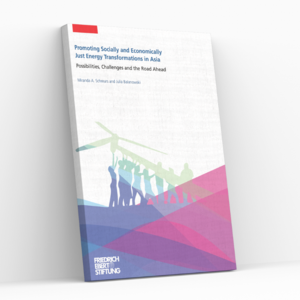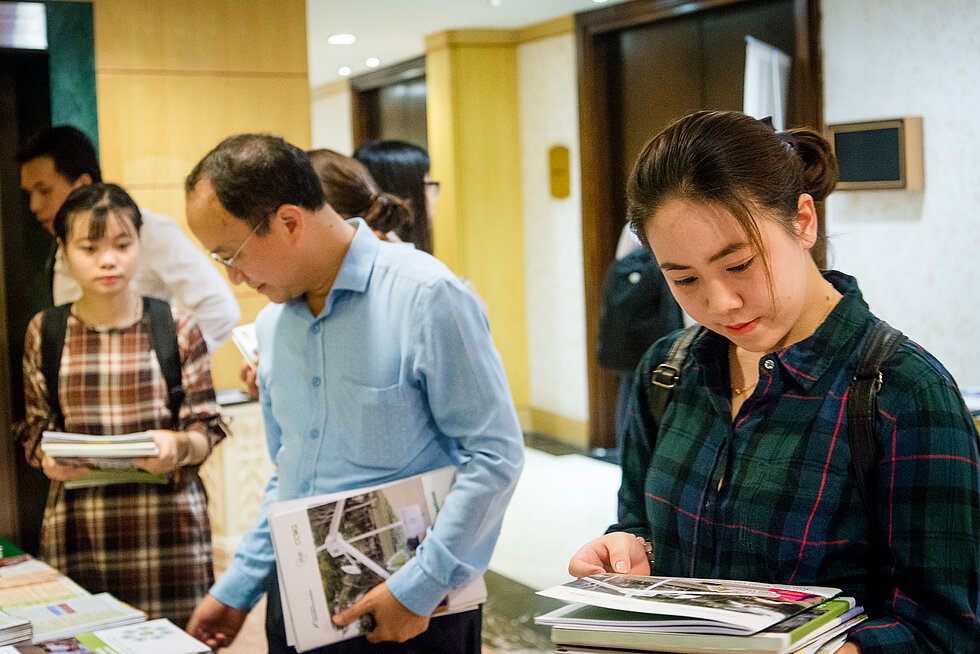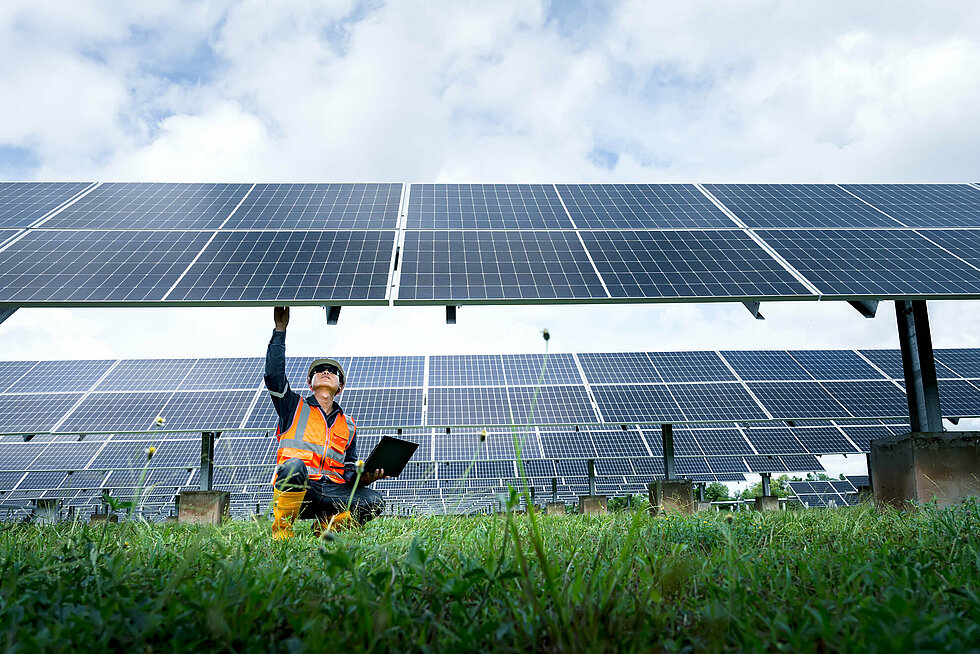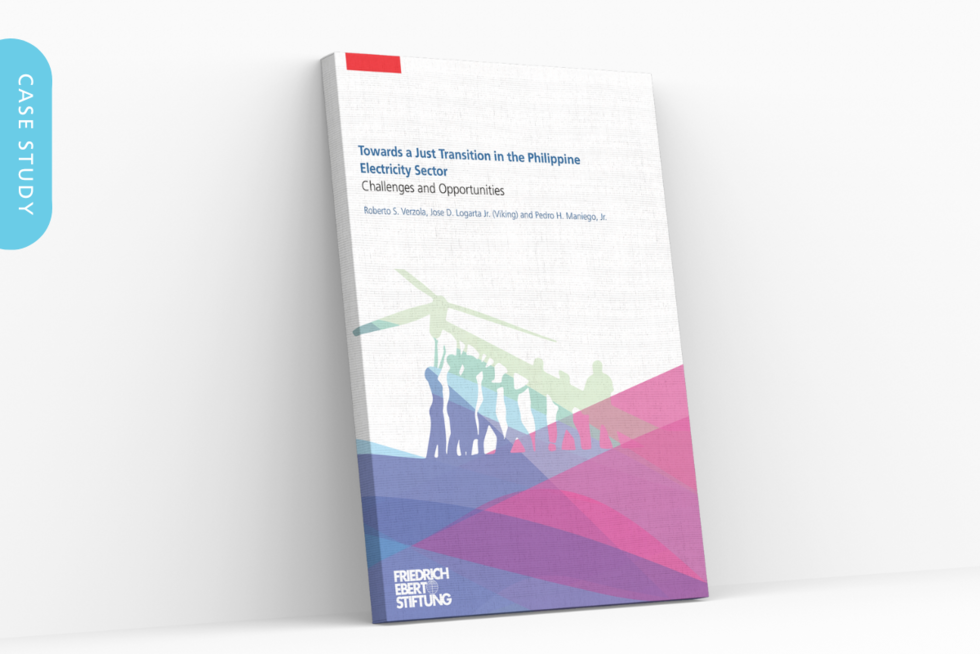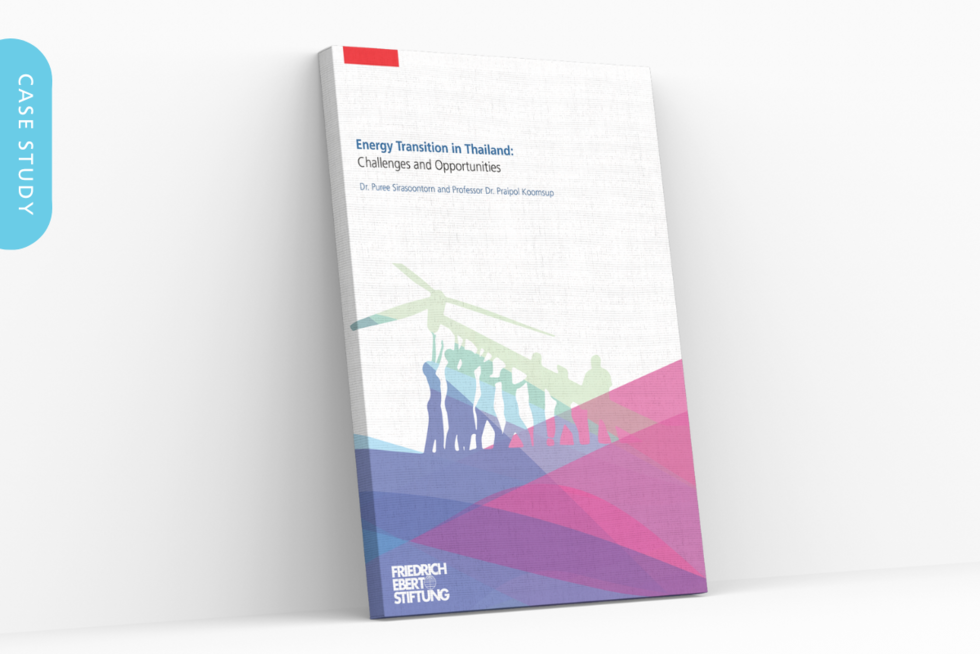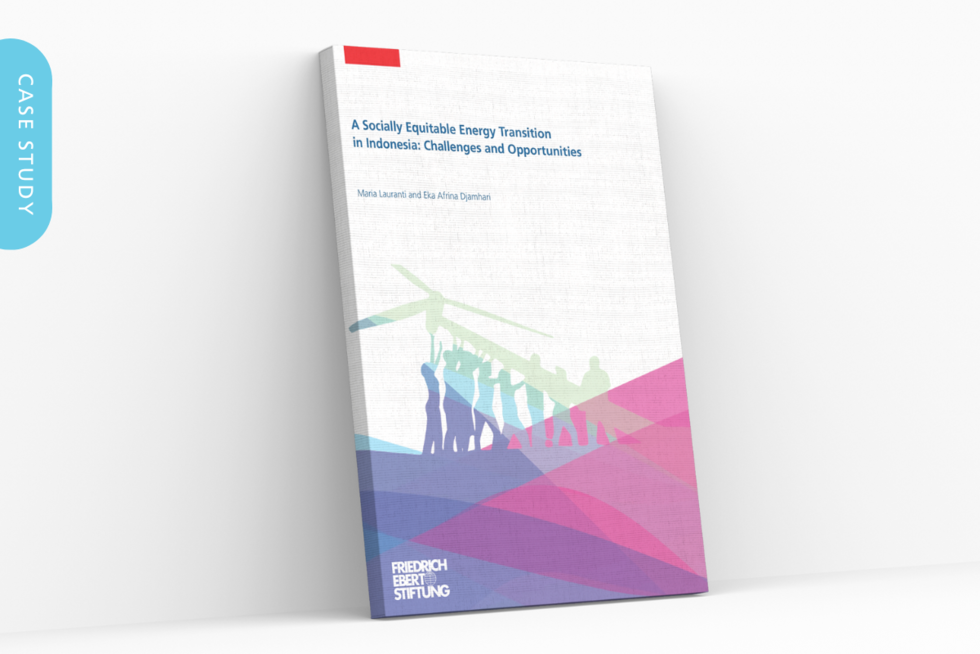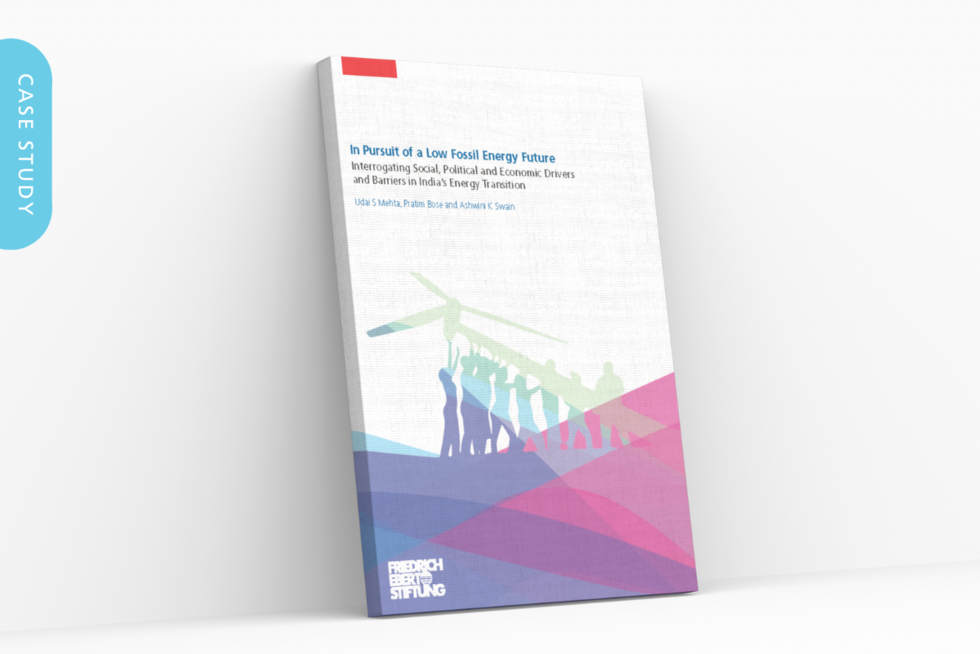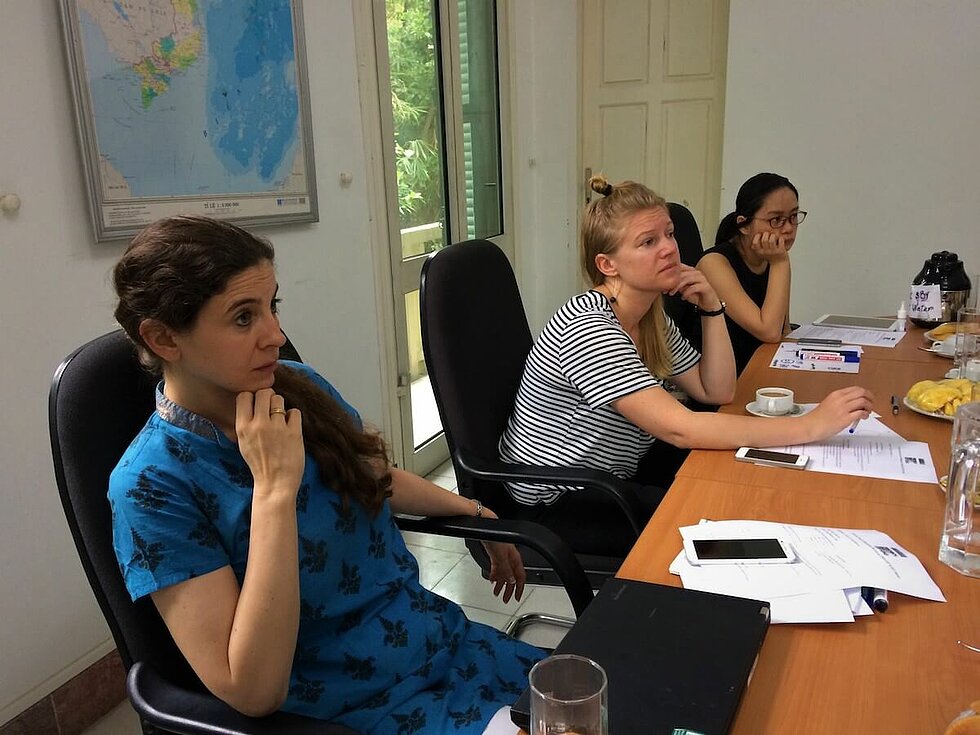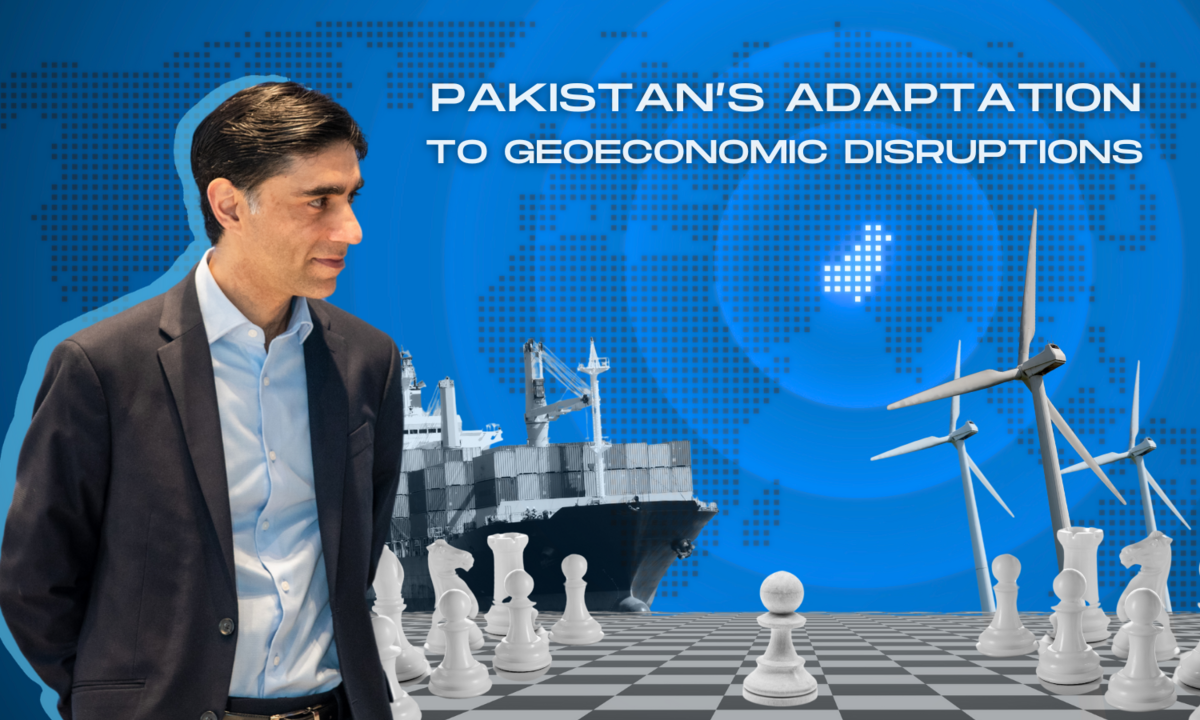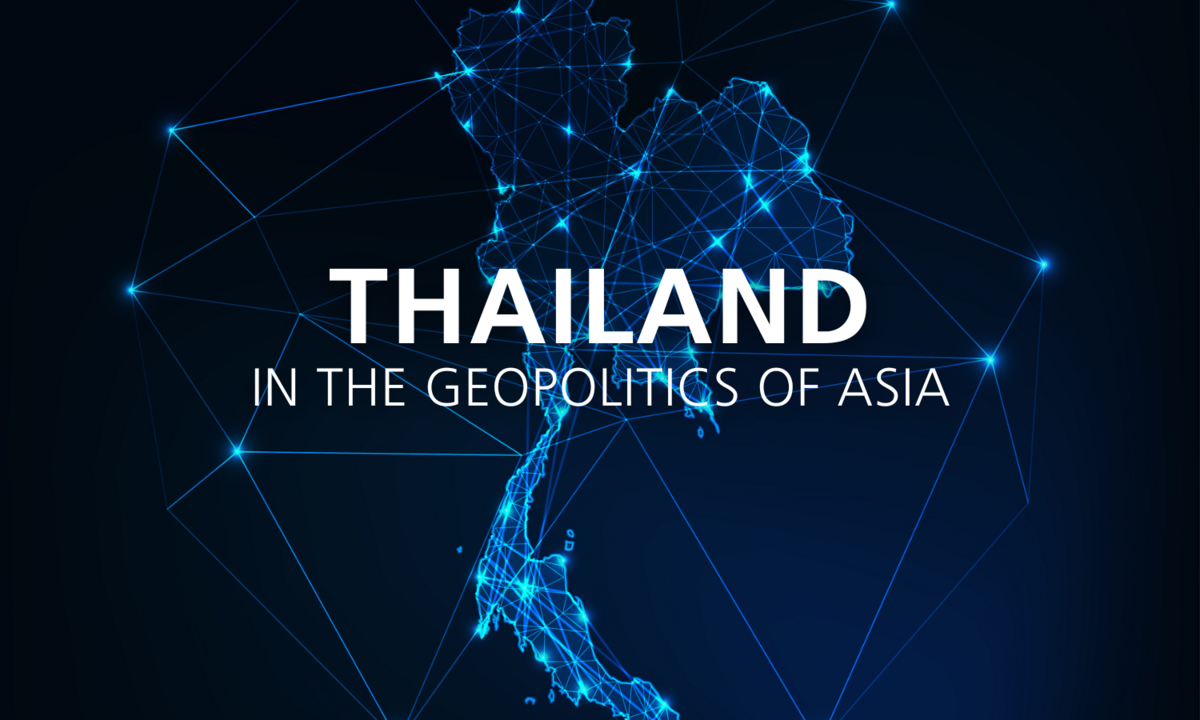Promoting Socially and Economically Just Energy Transformations in Asia
Tackling climate change will not be possible without a significant contribution from Asia. According to economic forecasts, Asia’s share of global greenhouse gas emissions will grow dramatically in the coming decades due to increasing population rates and relatively robust economic growth. At the same time, millions of people in the region will be affected by climate change. Serious environmental pollution has resulted from the burning of fossil fuels. Health risks due to air pollution already affect millions of Asians.
There is growing interest in renewable energy in many parts of Asia as a result of energy security and environmental concerns and the need to deliver electricity to energy-poor regions. With dropping renewable energy prices, there is growing investment in the sector in Asia. This makes it increasingly possible to talk about the beginning of energy transitions in the region. Greater use of renewable energy may lead to more socially and environmentally just energy structures.
We still know little, however, about the actual social and political contributions, costs and implications of renewable energy expansion.
Friedrich-Ebert-Stiftung has examined these questions with a series of country studies in Asia. The studies looked at the political and social factors that drive—but also hamper—socially just energy transitions. The authors of each case study in China, India, Indonesia, Japan, the Philippines, the Republic of Korea, Thailand and Vietnam worked with Miranda Schreurs, Professor of Environmental and Climate Policy in the Bavarian School of Public Policy, Technical University of Munich, to provide in-depth analysis of the situation in their respective countries.
This study written by Miranda Schreurs and Julia Balanowski provides a comprehensive overview of the most important commonalities and differences across the eight countries.
Schreurs, Miranda A.; Balanowski, Julia
Promoting socially and economically just energy transformations in Asia
Hanoi, 2017
Download publication (1 MB, PDF-File)
FES Asia
Bringing together the work of our offices in the region, we provide you with the latest news on current debates, insightful research and innovative visual outputs on the future of work, geopolitics, gender justice, and social-ecological transformation.



